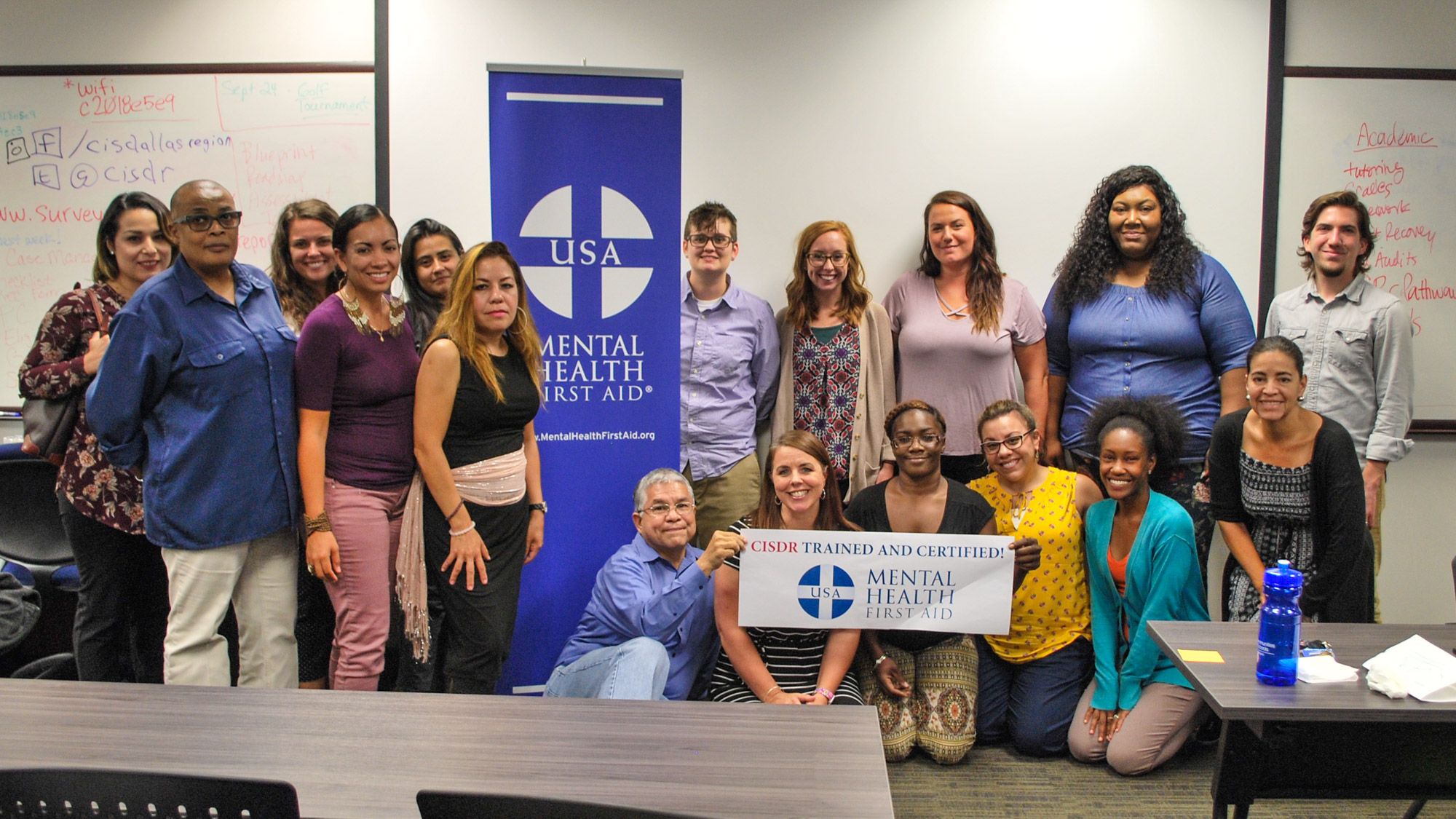Two sewer overflows in Irving caused by overloaded wastewater collection lines from this fall's heavy rainfall pose no threat to the drinking water or aquatic life, officials say.
The Trinity River Authority confirmed the sanitary sewer overflows occurred along the 3500 block of International Place and along the 2300 block of Century Center Boulevard within about 20 minutes of each other Sunday, the first reported at about 2:55 p.m. and the second at 3:15 p.m.
"During heavy rain events such as those recently experienced in the DFW area, it is common for storm water from overflowing creeks and rivers to cover manholes and underground wastewater pipes. Water is then able to enter the lines through cracks and openings. When this happens, pipelines become hydraulically overloaded, and wastewater spills may occur," city officials said in a news release Monday.
No public drinking water supplies have been threatened or contaminated by these overflows and no aquatic life has been affected, the TRA said.
The river authority said they would contact the U. S. Army Corps of Engineers to stop the water flow being released into Elm Fork from lakes Grapevine and Lewisville, which will allow them to locate and stop the inflow and eliminate the overflows.
The TRA said the final estimated quantity of the overflow will be reported to the Texas Commission on Environmental Quality; all wastewater overflows in excess of 100,000 gallons must be reported to TCEQ.
As required by the Texas Commission on Environmental Quality, the following standard precautionary statements are included:
Local
The latest news from around North Texas.
1. Persons using private drinking water supply wells located within 1/2-mile of the spill site or within the potentially affected area should use only water that has been distilled or boiled at a rolling boil for at least one minute for all personal uses including drinking, cooking, bathing, and tooth brushing. Individuals with private water wells should have their well water tested and disinfected, if necessary, prior to discontinuing distillation or boiling.
2. Persons who purchase water from a public water supply may contact their water supply distributor to determine if the water is safe for personal use.
3.The public should avoid contact with waste material, soil, or water in the area potentially affected by the spill.
4. If the public comes into contact with waste material, soil, or water potentially affected by the spill, they should bathe and wash clothes thoroughly as soon as possible.



